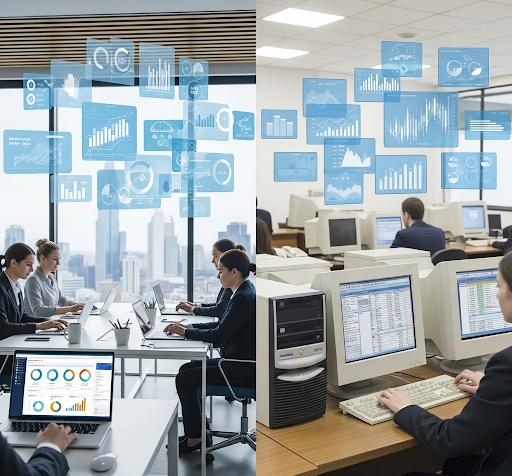Businesses are constantly seeking ways to enhance their online credibility, and buying verified followers on Instagram has become a popular strategy to achieve this. This refers to an account that carries the official verification badge, signaling authenticity and trustworthiness to other users. For brands aiming to strengthen their social proof, purchasing verified Instagram followers can significantly boost their perceived authority and visibility. This approach not only increases follower count but also enhances engagement rates, which can translate into higher customer trust and business growth.
Modern platforms offering such services provide seamless transactions, real-time analytics, and secure purchasing environments. Much like cloud-based financial management systems that sync data across devices, these platforms ensure that follower metrics are updated instantly. Numerous businesses are taking advantage of it to monitor their social media performance from any location.
Foundation of Business Accounting
Desktop-based accounting software has served businesses reliably for decades, offering robust functionality, high performance, and complete data control. Unlike cloud-based solutions that depend on internet connectivity, these systems are installed directly on local computers or company servers, providing businesses with full ownership over their financial data.
These systems often support advanced modules for inventory management, payroll processing, tax reporting, and multi-currency transactions, all tailored to meet the specific needs of larger or specialized businesses. Many established businesses continue to rely on traditional desktop accounting software because of its proven track record for stability, accuracy, and long-term reliability.
These companies often prioritize direct control over their IT environments, ensuring that they are not dependent on third-party hosting providers or subscription-based pricing models.
Security Considerations in Software Selection
Traditional accounting solutions often appeal to businesses with stringent security requirements, such as those in finance, healthcare, or government sectors. By storing data locally on internal servers or dedicated computers, these businesses maintain full control over their financial information, minimizing exposure to external cybersecurity threats.
Third-party cloud providers are not needed that much with the integration of these systems. Companies have renewed confidence in reducing concerns about data breaches, unauthorized access, or compliance violations.
Accessibility and Collaboration

Remote accessibility represents one of the most significant advantages of cloud-based accounting systems. Business owners can review financial reports, approve expenses, and monitor cash flow from anywhere with internet access. This flexibility proves valuable for companies with multiple locations or remote team members.
Collaborative features in cloud platforms enable multiple users to work simultaneously on financial tasks without version control issues. Accountants, bookkeepers, and business owners can access the same up-to-date information, reducing errors and improving communication efficiency.
Cost Analysis and Implementation Factors
The financial implications of choosing between cloud and traditional accounting software extend beyond initial purchase prices. Traditional software typically involves higher upfront costs but lower ongoing expenses, while cloud solutions generally feature subscription-based pricing models with regular updates included.
Implementation timelines also differ significantly between these approaches. Cloud-based systems often allow for rapid deployment and immediate access, whereas traditional software may require extensive installation processes and staff training periods.

